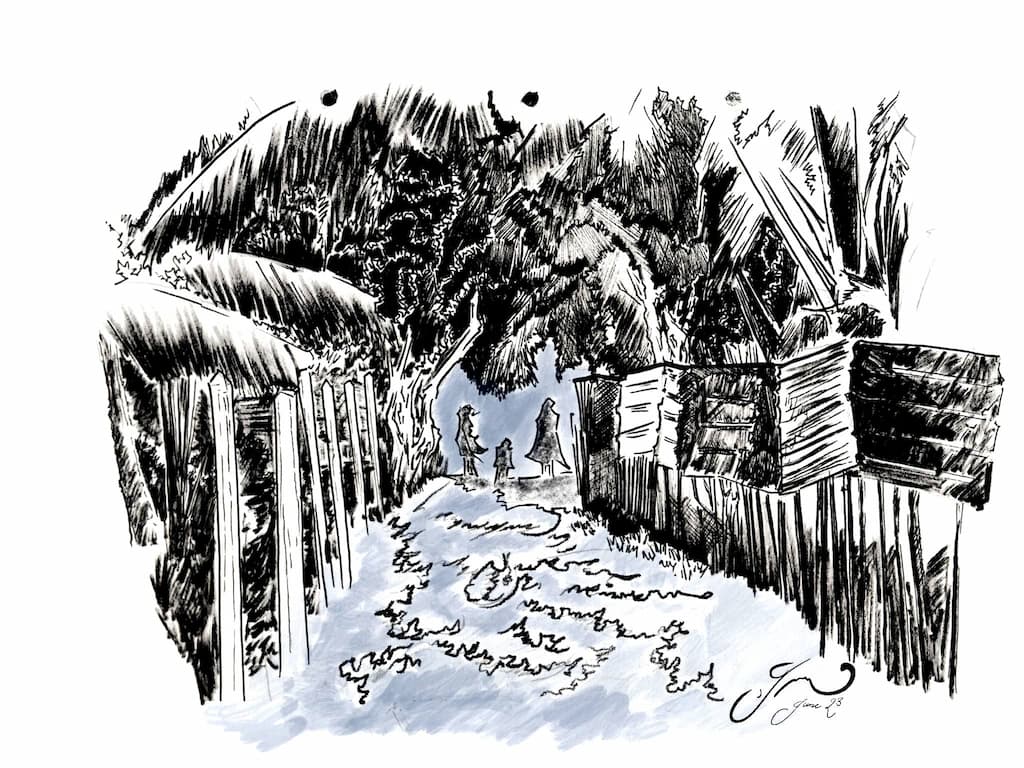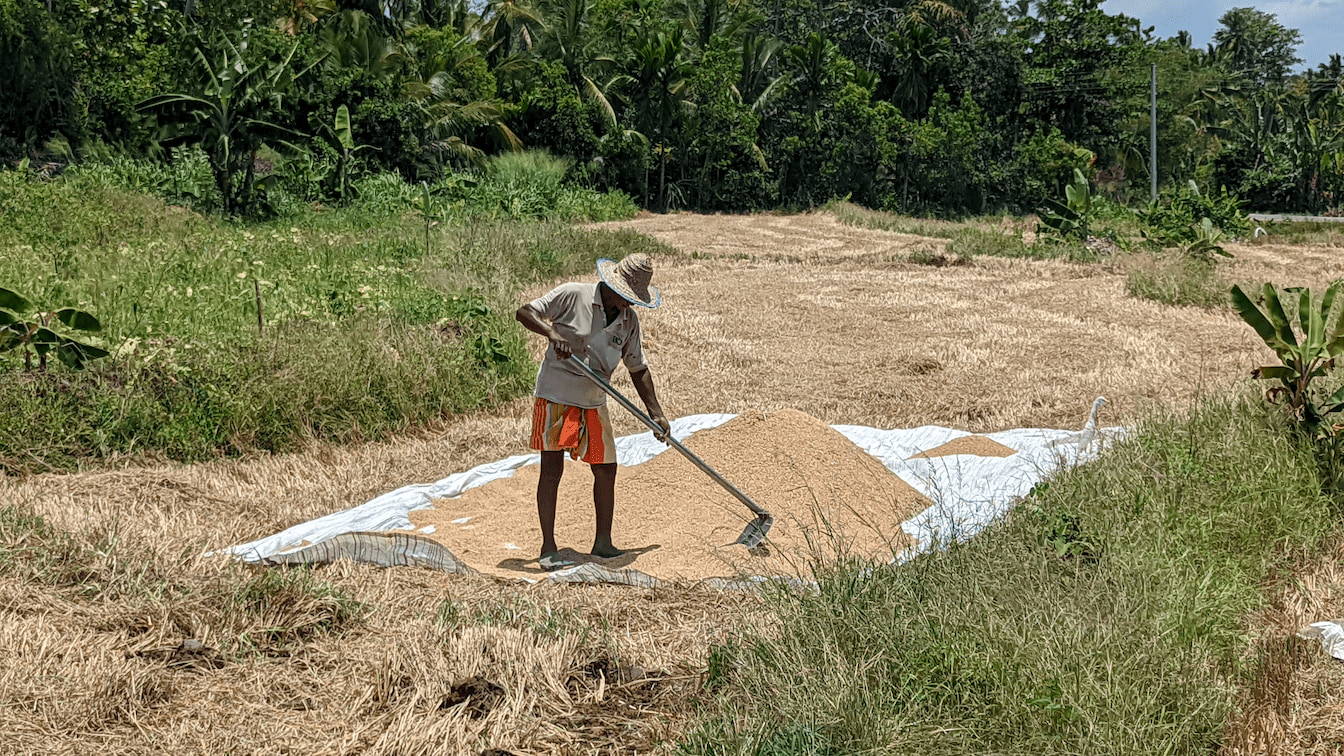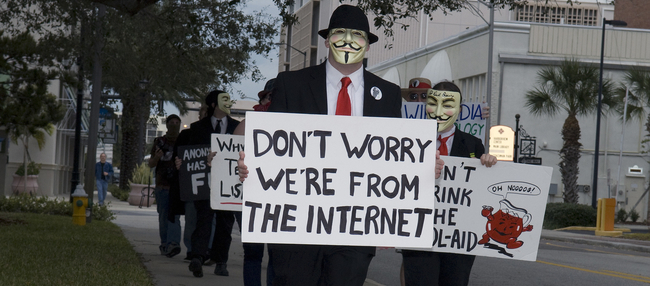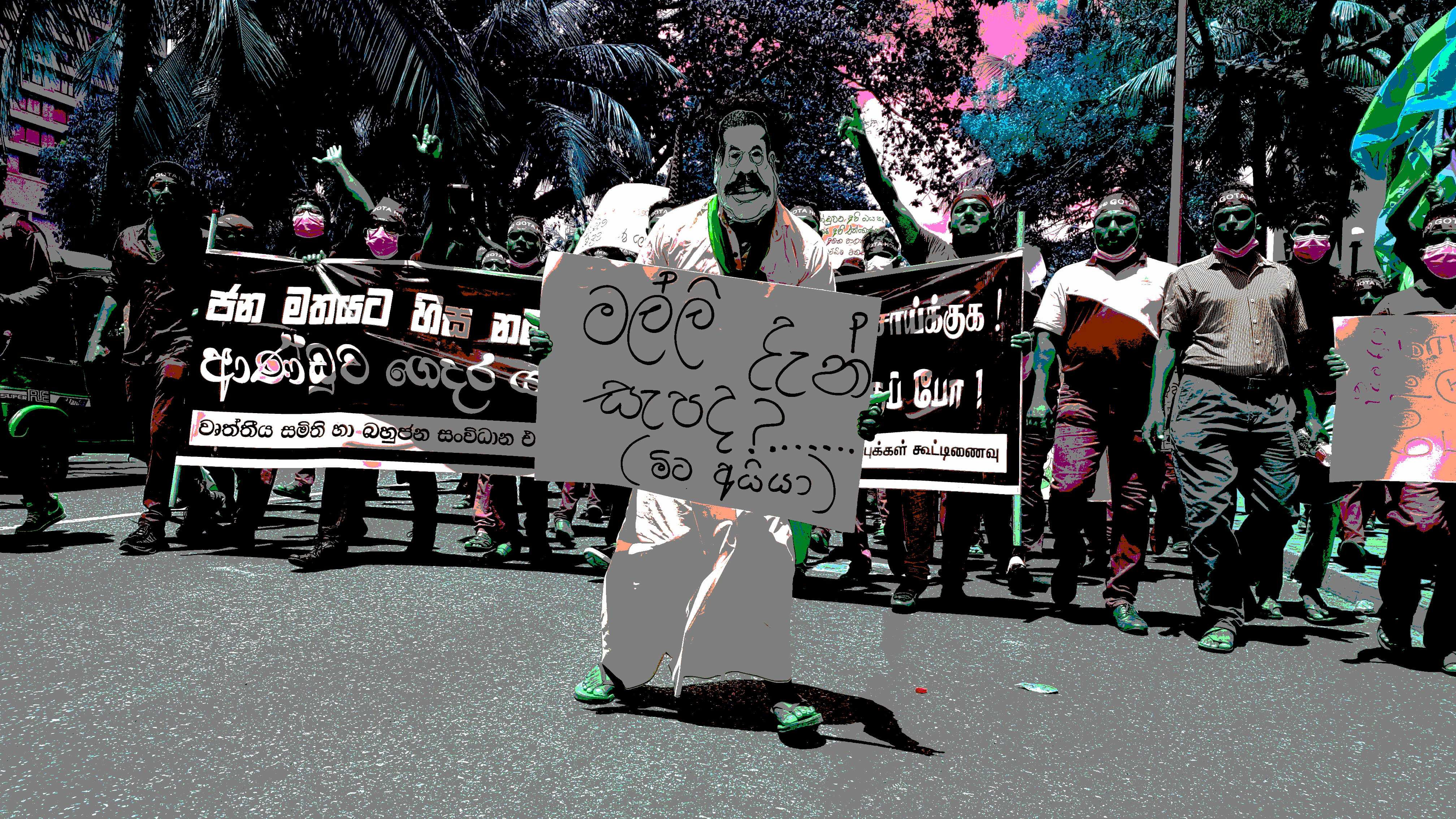
Mohamed Fairooz

The Boat People
For years, Sri Lankans have risked everything, trying to escape their homeland. Crushed by a failing economy, cold-hearted politics, and the brutal realities of world events, many venture into the unforgiving sea. Few return. This is their story.
.png)
ஓட்டமாவடி இறந்தும் இல்லை நிம்மதி
அரசு கடந்த இரண்டு ஆண்டுகளுக்கு முன்பு, கடும்போக்கு தேசியவாதம் மற்றும் இனவாதம் தவிர்ந்த வேறெதுவித அடிப்படைக் காரணங்களுமின்றி, கொரோனா தொற்றால் உயிரிழந்தவர்களை கட்டாயமாக எரிக்க வேண்டும் என்ற கொள்கை முடிவை வெளியிட்டிருந்தது. மாதக்கணக்கில் நீடித்த பரப்புரைகள் மற்றும் உள்நாட்டு வெளிநாட்டு அழுத்தங்களுக்கு பின்பு இந்த கட்டாய தகனக் கொள்கையானது அரசினால் மீளப்பெறப்பட்டது. மேலும், அரச கொரோனா சுகாதார மற்றும் சமூக பாதுகாப்பு நிதியான ‘செய்கடமை’ (இட்டுகம) நிதியில் பல பில்லியன்கள் பணம் சேர்ந்திருந்த போதும், குடும்பத்தினர் உயிரிழந்தவர்களை தமது சொந்த செலவில் கிழக்கு மாகாணத்தில் நெடுந்தொலைவிலுள்ள கிராமம் ஒன்றில் அடக்கம் செய்ய வேண்டியிருந்தது.
.png)
ඔට්ටමාවාඩි සැනසුමක් අහිමි මළවුන්
මෙය කොවිඩ්-19 නිසා මියගිය අය සඳහා ශ්රී ලංකාවේ අනිවාර්ය ආදාහන ප්රතිපත්තිය සහ ඒ වටා ඇති භීතිකාව පිළිබඳ කතාවකි.
.png)
Oddamavadi: no rest for the dead
Two years ago, the government passed a compulsory cremation policy for those who died of COVID-19, with no clear reason for it other than xenophobia. After months of campaigning and pressure both locally and internationally, the gazette on the subject was revoked. Instead, families had to bury their dead in a far-flung village in the East, and supply funds and labour - despite the government sitting on billions raised by the Itukama fund.

அம்பாந்தோட்டை உரம் மற்றும் எரிபொருட் தட்டுப்பாடு
அம்பாந்தோட்டை மாவட்ட அறுவடையில் ஏற்பட்ட மாபெரும் வீழ்ச்சி பற்றியும் அங்குள்ள விவசாயிகளின் எதிர்காலம் குறித்த பயத்தைப் பற்றி கலந்துரையாடுகிறது.
_ from the Villa of Dionysus (second century AD) in Dion, Greece. Image from Wikimedia Commons.png)
7-Billion Rupee Software: The Monstrous Idiocy of the SPC
What does the State Pharmaceuticals Corporation want, exactly? We read the documentation so you don’t have to. Welcome to one of the stupidest software requests we’ve seen.
_ from the Villa of Dionysus (second century AD) in Dion, Greece. Image from Wikimedia Commons.png)
அரச மருந்தாக்கல் கூட்டுத்தாபனத்தின் 07 பில்லியன் ரூபாய்கள் பெறுமதியான மென்பொருள் - பாரிய முட்டாள்...
நாம் சந்தித்த மிகவும் முட்டாள்தனமான ஒரு மென்பொருள் கோரிக்கை பற்றி அறிய வாருங்கள்!

Fertiliser - Broken Promises & Policy Blunders
Sri Lanka is facing its harshest food crisis in recent history. President Gotabaya Rajapaksa’s blanket ban on fertiliser can be attributed as the direct cause for this crisis. In this piece, we explore the history of the fertiliser subsidy, the timeline against which Sri Lanka’s fertiliser ban was set, the cost so far, and a glimpse into its impact.

Anonymous #OpSriLanka - Hackers & Gatecrashers
If you invite strangers to a party, you have to deal with the consequences. In this piece we try to establish a timeline of events for Sri Lanka’s most recent outing with Anonymous. We assess the impact, and give you some insights into the movement’s modus operandi.

Sri Lanka’s future with the IMF
Following our series on Sri Lanka’s economic crisis, we take a look at what the IMF can do for us, and how we need to step up — by reforming taxes, legislature, and policies.